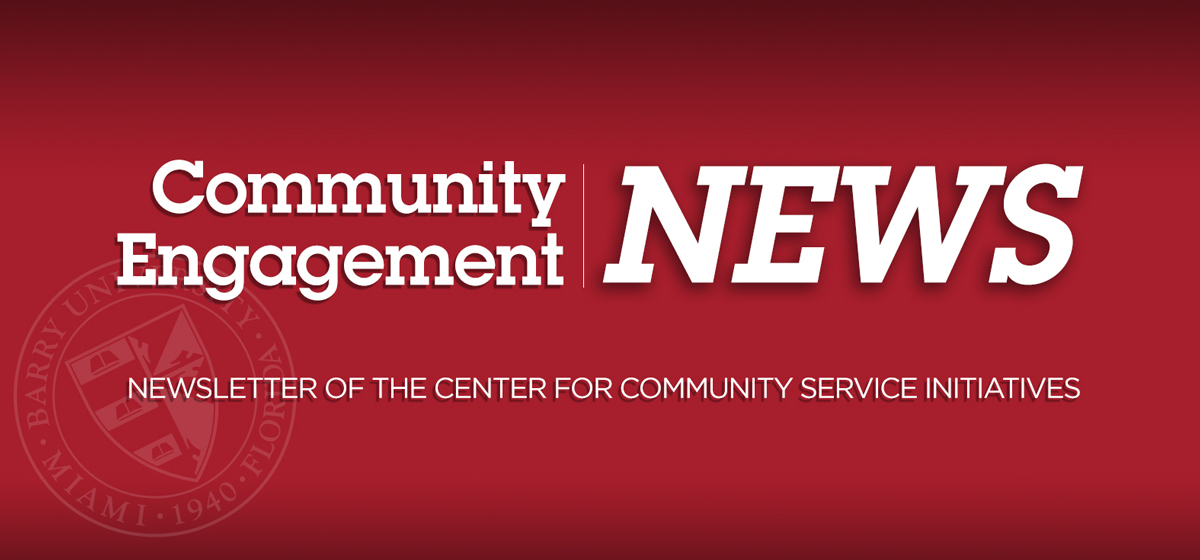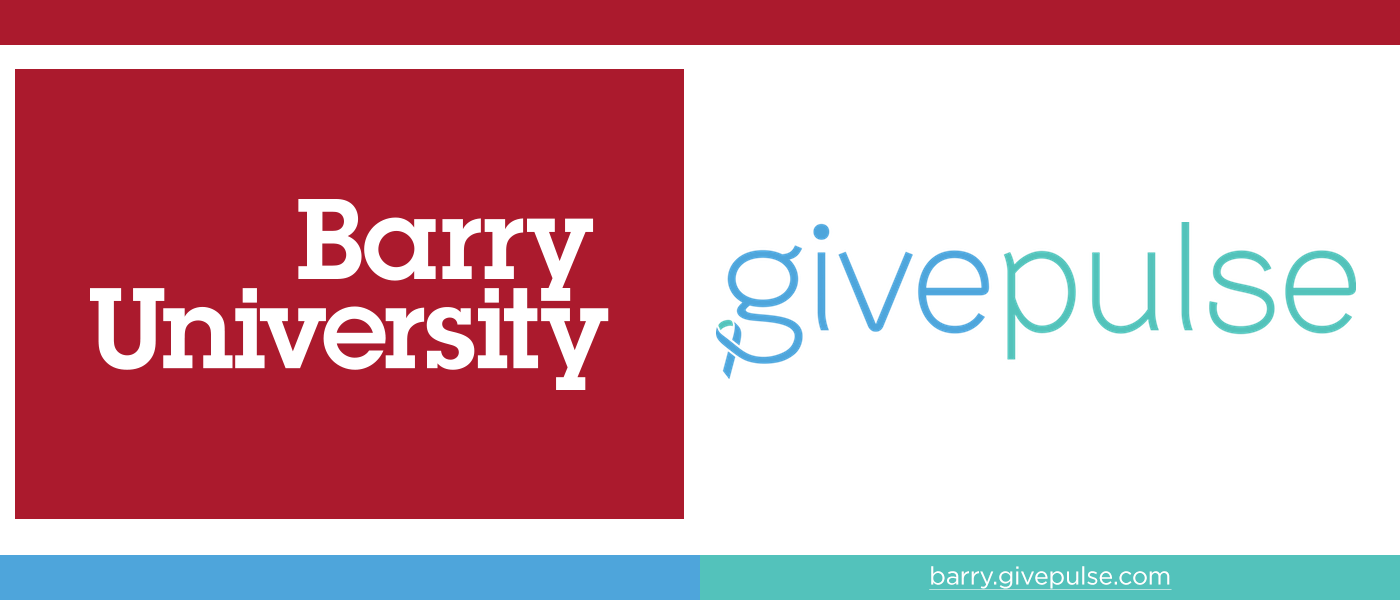July 6, 2021
IN THIS ISSUE
- Chemistry Students at Barry Get Middle-School Pupils Excited About Science Fair Projects
- Barry-Based AmeriCorps Volunteers Remove Litter From Neighborhood Streets and Sidewalks
- Service-Learning Faculty Fellowships Generate Redesigned Courses and Advance Community-Engaged Scholarship
- Nine Staff Members Have Won Barry Awards for Community Engagement
- Campus Democracy Project Committee to Apply for Voter Friendly Campus Designation Again
Chemistry Students at Barry Get Middle-School Pupils Excited About Science Fair Projects
Sixth Graders Learn How To Apply The Scientific Method To The Topics Chosen


The Barry coaches prepared outlines to help guide the St. Mary’s pupils, reviewed the scientific method, and provided feedback to the students on how to improve their projects.
A quartet of students in a chemistry class at Barry got middle-school pupils of St. Mary’s Cathedral excited about their Science Fair projects during the spring semester.
Jose (Benny) Hurtado de Mendoza, Chevel Johnson, Andrea Torrecilla, and Evdoxia Mastrominas coached the pupils remotely in preparation for the annual Schools Science Fair. The sixth graders were working on their Science Fair projects at home because of the COVID-19 pandemic.
The four students served as coaches/mentors as part of Dr. Tamara Hamilton’s senior seminar.
Each of Dr. Hamilton’s students was paired with three teams of four sixth-grade pupils and met with each team two or three times. The Barry coaches prepared outlines to help guide the St. Mary’s pupils, reviewed the scientific method, and provided feedback to the students on how to improve their projects.
“The coaching was beneficial to both groups,” Dr. Hamilton said. “It allowed Barry students to grow in confidence as mentors and to hone their science communication skills by critiquing and providing feedback on the sixth graders’ projects. The middle schoolers felt supported as they learned how to apply the scientific method to the topics they had chosen.”
St. Mary’s Cathedral School in Miami is the main site for the Community Science Academy (CSA), an interdisciplinary program established by Barry’s College of Arts and Sciences. The CSA is dedicated to fostering community engagement, promoting science literacy, and supporting area youth as agents of social change in their communities.
The spring semester coaching was a substitute for CSA activities, which would have taken place onsite. CSA activities were put on hold as both Barry and St. Mary’s Cathedral grappled with the effects of the pandemic.
Dr. Hamilton, a professor of chemistry and a CSA co-founder, would not let the pandemic prevent her from fulfilling a college commitment to continued partnership with St. Mary’s Cathedral School. Moreover, Dr. Hamilton’s collaborator, Ms. Felicia Ellington, identified the need for science project coaching. Ms. Ellington is a middle-school science teacher at St. Mary’s Cathedral.
The school has historically served children of immigrant groups in the Little Haiti and Little River communities.
Reflecting on his experience as a science project coach, Hurtado de Mendoza considered it a duty for college students to share their knowledge with others in the community who do not have the resources to learn about science.
He wrote: “Doing this project just reminded me how much I enjoy academia. I believe we have a duty to share our knowledge with others in the community who do not have the resources to learn about science. ... At first, I was very nervous about this project. I thought the students would not be prepared or motivated to work on the project because that´s how I felt [as a result of the pandemic].”
Hurtado de Mendoza said the sixth graders surprised him. “They were motivated and interested in completing their project. Their motivation motivated me to be better, as a student and as a mentor. I looked forward to meeting with them and answering their questions.”
For Johnson, the coaching experience served to emphasize the scientist’s responsibility to society. She reflected: “Working on this project changed my opinions about a scientist’s responsibility in society. Getting to work with students, learning about them individually and what they want to become made me realize that indeed scientists are responsible for educating the general public on science-based societal issues.”
Johnson added: “Meeting with the students enlightened me that not everyone will be interested in science or have the knowledge to interpret societal issues that are science-based, and therefore the responsibility should be ours.”
The CSA is expected to resume during the 2021–2022 academic year.
Barry-Based Americorps Volunteers Remove Litter From Neighborhood Streets And Sidewalks
A small group of volunteers cleaned up some of the streets and sidewalks of a neighborhood near campus one day last month.
Joseph Minani, Autumn Davis, and Samuel Vilmeau made their way through a section of La Paloma, removing litter and receiving words of gratitude from residents.
Minani is an AmeriCorps VISTA (Volunteers in Service to America) member, and both Davis and Vilmeau are summer associates in that AmeriCorps program. All three are assigned to Barry’s Center for Community Service Initiatives.
Joined by two additional volunteers on June 26, they picked up debris along 115th, 116th, and 117th Streets, just off I-95.
Minani began his yearlong term of service with AmeriCorps last month. A part of his service assignment is focused on supporting Barry’s partnership with La Paloma.
Davis and Vilmeau are serving throughout the summer. They will provide direct service in La Paloma and on campus, in the Barry Urban Garden.

Autumn Davis, Samuel Vilmeau, and Joseph Minani picked up debris along 115th, 116th, and 117th Streets. They will clean up another section of La Paloma later this month.
“Even though we didn’t have any neighbors from the community join us, we did receive a lot of positive feedback from individuals … in the neighborhood,” Vilmeau said. “[For example,] a woman stepped out of her house to thank us and tell us we were doing [a] fantastic [job]. She even said she tries her best to clean around her home, but it’s hard with people constantly littering.”
La Paloma is an unincorporated neighborhood just north of Miami Shores, where Barry’s main campus is situated.
Minani, Davis, and Vilmeau will clean up another section of the neighborhood on July 24.

Barry has hosted AmeriCorps VISTA members for several years.
The mission of AmeriCorps is “to improve lives, strengthen communities, and foster civic engagement through service and volunteering.”
Through capacity building activities such as fundraising, grant writing, research, and volunteer recruitment, AmeriCorps members in the VISTA program generally serve in an office setting and gain experience and leadership skills. This opportunity prepares members for a life of service in the public, private, or nonprofit sector.
Service-Learning Faculty Fellowships Generate Redesigned Courses And Advance
Community-Engaged Scholarship
Faculty members who received service-learning fellowships have developed courses and demonstrated competence in community-engaged scholarship.
Courses created or modified to include a service-learning component include Computer Science, Nursing Study Abroad, Senior Seminar in Psychology, Service-Learning and Social Work Practice, Social and Cultural Issues in Counseling, and Teaching and Learning at the University and Community College.
Products of community-engaged scholarship include book chapters and journal articles as well as conference presentations. The 2021 volume, Experiential Learning in Higher Education: Issues, Ideas, and Challenges for Promoting Peace and Justice, includes several chapters coauthored by former service-learning fellows.
SELECTED PUBLICATIONS BY FORMER SERVICE-LEARNING FELLOWS
Paula A. Delpech (2013). “Developing a Short-Term International Study-Abroad Program: From Beginning to End.” PRISM: A Journal of Regional Engagement.
Pamela D. Hall & Glenn A. Bowen (2015). “The Use of Photovoice for Exploring Students’ Perspectives on Themselves and Others.” Journal of Ethnographic & Qualitative Research.
Sheila M. McMahon & Dale E. Hartz (2021). “Building Minds and Organizations Through Conversational Learning.” In Experiential Learning in Higher Education: Issues, Ideas, and Challenges for Promoting Peace and Justice.
Ligia Mihut (2021). “Linguistic Pluralism: A Statement and a Call to Advocacy.” Reflections: A Journal of Community-Engaged Writing and Rhetoric.
Mureen L. Shaw & Glenn A. Bowen (2021). “Global Service-Learning as an Avenue to Address Social Determinants of Health: Considerations for Undergraduate Nursing Education.” In Experiential Learning in Higher Education: Issues, Ideas, and Challenges for Promoting Peace and Justice.
Heidi Whitford (2021). “Exploring a Critical Model of Faculty Engagement With Service-Learning Programs.” In Experiential Learning in Higher Education: Issues, Ideas, and Challenges for Promoting Peace and Justice.
SELECTED PRESENTATIONS BY FORMER SERVICE-LEARNING FELLOWS
Celeste Fraser Delgado (2012, September). “idk: Swapping Subjects and Objects in Service-Learning Research.” Annual Conference of the International Association for Research on Service-Learning and Community Engagement.
Pamela D. Hall (2011, October). “Implementation of Service Learning in a Senior Psychology Capstone Course.” Southeastern Ecological and Community Psychology Conference.
Ricardo Jimenez (2017, March 29). “Addressing Digital Divide Issues in Our Community Through a Computer Systems Service-Learning Course.” Barry University’s Fourth Annual Community Engagement Symposium.
Tisa McGhee (2013, June 26–29). “Continuous Communication in Partnerships: Using Collective Impact to Increase Social Change.” 14th Biennial Conference of the Society for Community Research and Action.
Mitchell Rosenwald (2013, March). “New Ways of Thinking About Community–University Involvement: The Promise of Service-Learning.” Annual Conference of the Association of Baccalaureate Social Work Program Directors.
Mureen Shaw (2020, July). “Interprofessional Collaboration Between a U.S. University and Community Partners in Haiti to Improve Health Outcomes.” Sigma’s 31st International Nursing Research Congress.
Heidi Whitford, Raul Machuca, & Katsiaryna Matusevich (2018, July). “Enhancing Student Learning Outcomes in a Graduate-Level Service-Learning Course.” Annual Conference of the International Association for Research on Service-Learning and Community Engagement.
The Service-Learning Faculty Fellows Program, which began during the 2012–2013 academic year, provides support for the professional development of faculty members interested in service-learning pedagogy and associated scholarship. Coordinated by the Center for Community Service Initiatives (CCSI), the program is aimed at increasing the number and improving the quality of service-learning courses and service-learning faculty.
Nine Staff Members Have Won Barry Awards For Community Engagement


Among staff members recognized for service were Merlene Nembhard, electronic resources coordinator in the Monsignor William Barry Memorial Library (left), and Joanne Ittilucksatit, assistant to the dean of the School of Education.
During the first 10 years of Barry’s Center for Community Service Initiatives (CCSI), nine staff members won awards for community engagement in the Service category. In addition, there were two awardees in the Support subcategory.
The staff members recognized for service were Sandra Acevedo, James Carrig, Yleinia Galeano, Joanne Ittilucksatit, Amanda Knight, Deborah Montague, Merlene Nembhard, Grace Ralfelt, and Kerri-Quaan Stewart.
Recipients of the Community Engagement Support Award were the Department of Marketing and the Barry Premier Events Team.
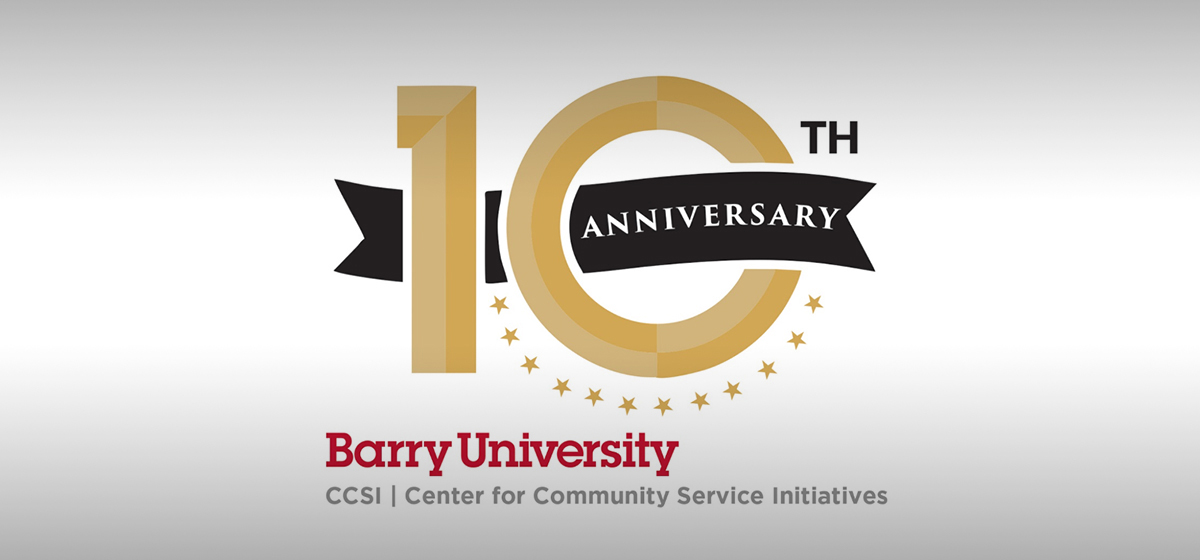
Community Engagement Support and Service
| 2014 | • James Carrig (School of Human Performance and Leisure Sciences) • Yleinia Galeano (Center for Community Service Initiatives) |
| 2015 | • Deborah Montague (College of Arts and Sciences) |
| 2016 | • Sandra Acevedo (School of Human Performance and Leisure Sciences) • Grace Ralfelt (Department of Information Technology) • Kerri-Quaan Stewart (Department of Information Technology) |
| 2017 | • Amanda Knight (Athletics) |
| 2019 | • Joanne Ittilucksatit (Adrian Dominican School of Education) • Merlene Nembhard (Monsignor William Barry Memorial Library) |
| 2021 | • Barry Premier Events Team—Department of Information Technology, Department of Marketing, and Conference and Event Services |

The Department of Marketing received recognition for promoting community engagement programs. Michel Sily, associate vice president for enrollment marketing (right), and Karen Subran, account manager, accepted a plaque on behalf of the department from CCSI Executive Director Dr. Glenn A. Bowen.
The seven major categories of awards for community engagement at Barry are Community Impact, Community Partnership, Community Engagement Educator, Community-Based Research, Community-Engaged Scholarship, Service-Learning Faculty, and Engaged Department.
The CCSI, which is marking its 10th anniversary this year, hosts the annual Community Engagement Awards. The primary purpose of the awards is to publicly recognize students, faculty, staff/administrators, departments, and community partners for their participation, contributions, and achievements in various areas of community engagement.
Campus Democracy Project Committee To Apply For Voter Friendly Campus Designation Again
This Year

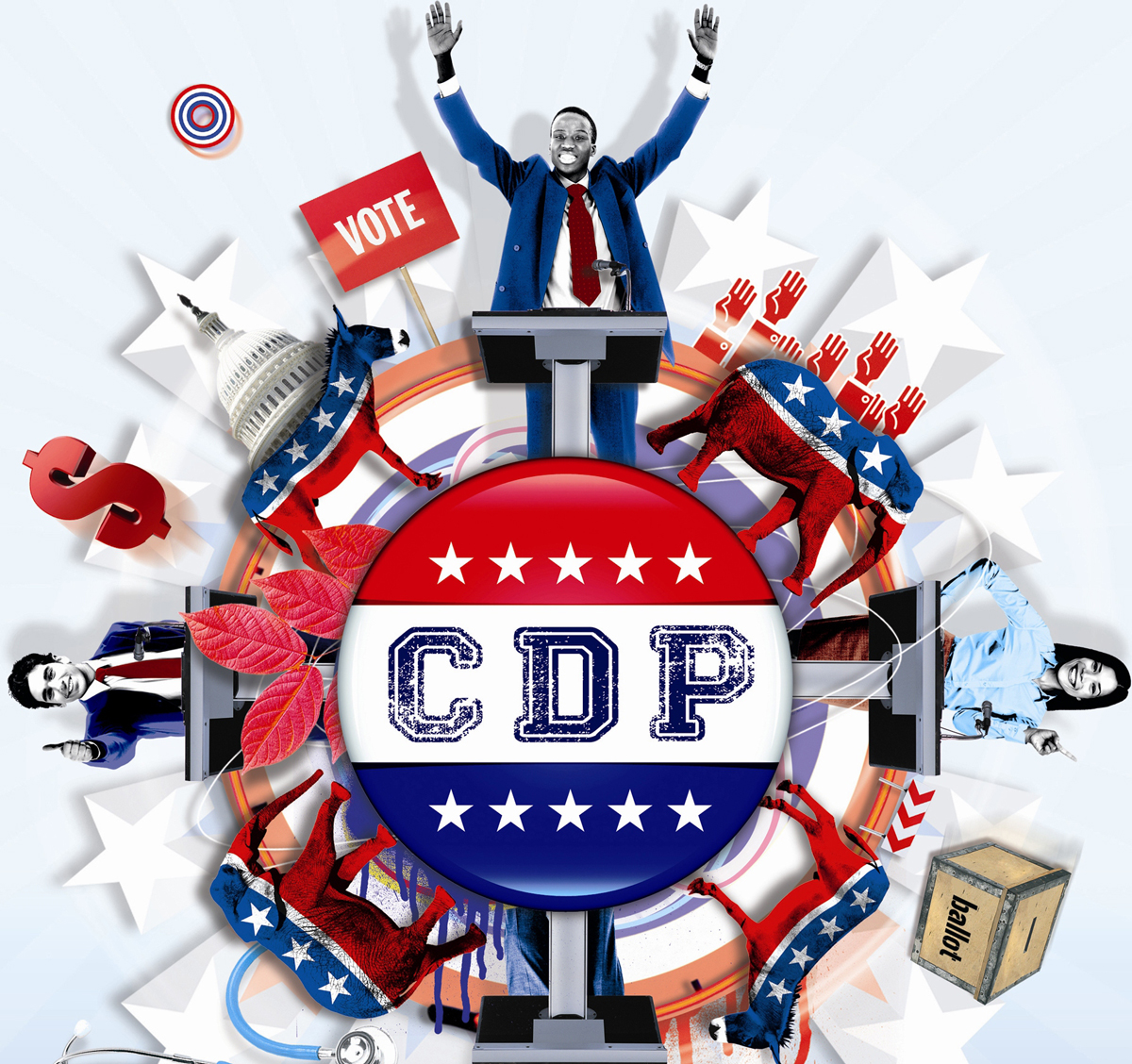
Barry University is likely to remain a Voter Friendly Campus for years to come, thanks to the well-established Campus Democracy Project (CDP).
Earlier this year, Barry was designated as a Voter Friendly Campus for 2021–2022. The designation was given by Fair Elections Center’s Campus Vote Project and NASPA–Student Affairs Administrators in Higher Education.
“Your institution is part of a select group of campuses from around the country that participated [in the Voter Friendly Campus designation process] and received the designation,” the administrators said in an email to the Center for Community Service Initiatives (CCSI) on March 9.
The CDP facilitates civic learning and democratic engagement primarily among students. In addition to students, faculty and staff members serve on the CDP Committee.
As the university worked toward the Voter Friendly Campus designation, the CDP promoted participation in the democratic process through voter registration, education, and mobilization.
The CDP Committee will apply for the Voter Friendly Campus designation again this year and is expected to do so in succeeding years.
DAYS OF SERVICE: The CCSI will coordinate projects for various designated days of service during the 2021–2022 academic year.
IMPROVEMENTS TO COMMUNITY ORGANIZATIONS’ WEBSITES: In case you missed it, we will take another look at an experiential learning project that resulted in improvements to the websites of four local community organizations.
COMMUNITY ENGAGEMENT SYMPOSIUM: During the CCSI’s first 10 years, the Community Engagement Symposium was held seven times.
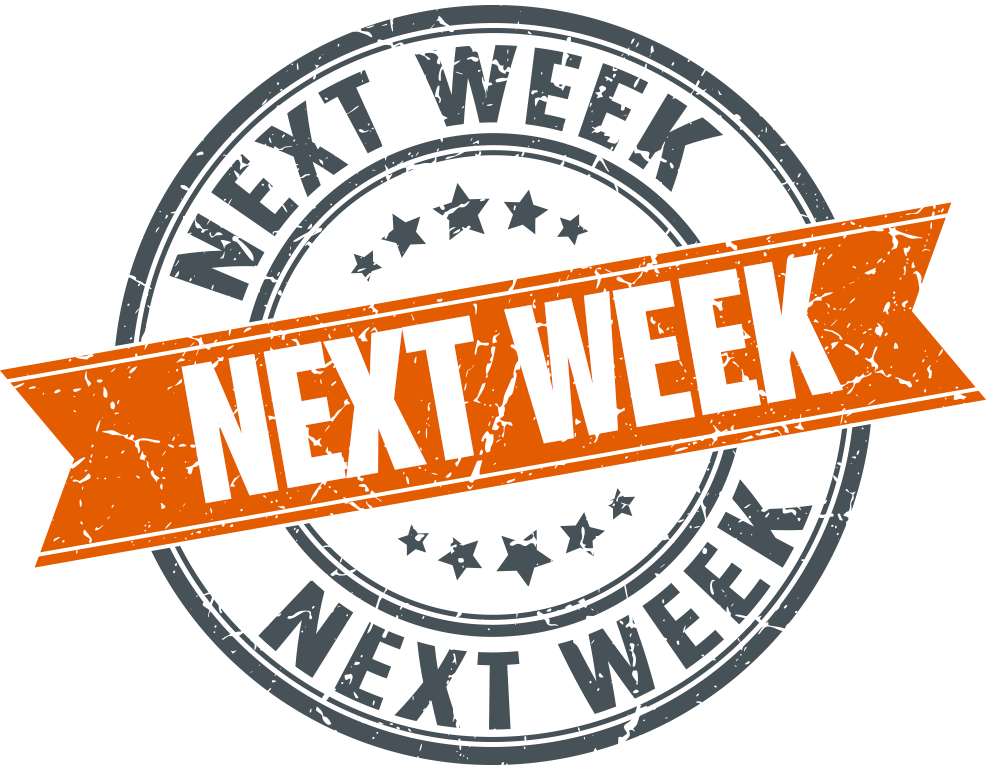
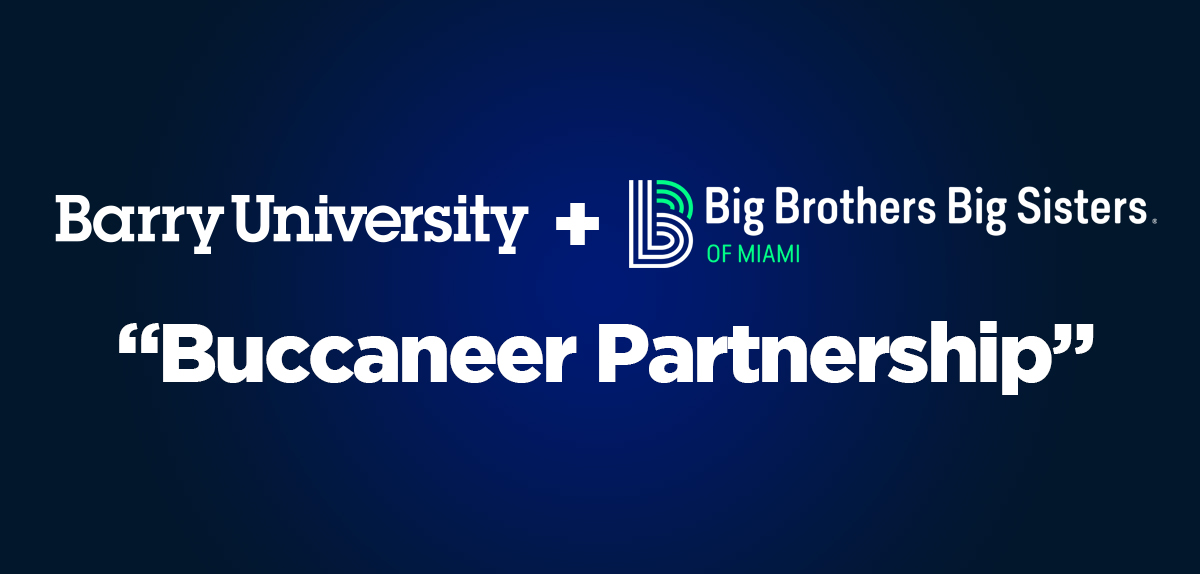
Apply to become a mentor (aka Big): https://bbbsmiami.org/volunteer/apply/
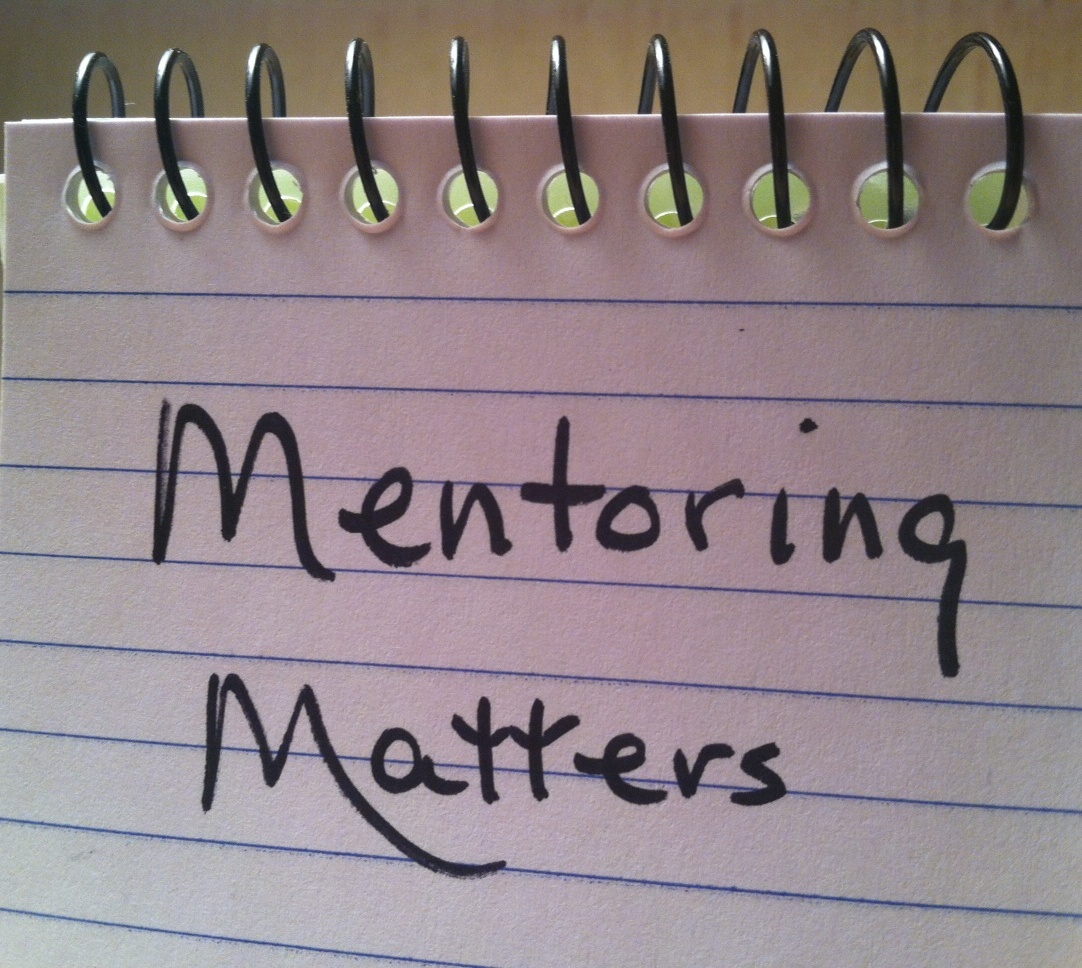
For assistance with GivePulse—the community engagement platform—contact the CCSI’s Liz James at ljames@barry.edu.

11300 NE 2nd Avenue
Adrian 208
Miami Shores, FL 33161

